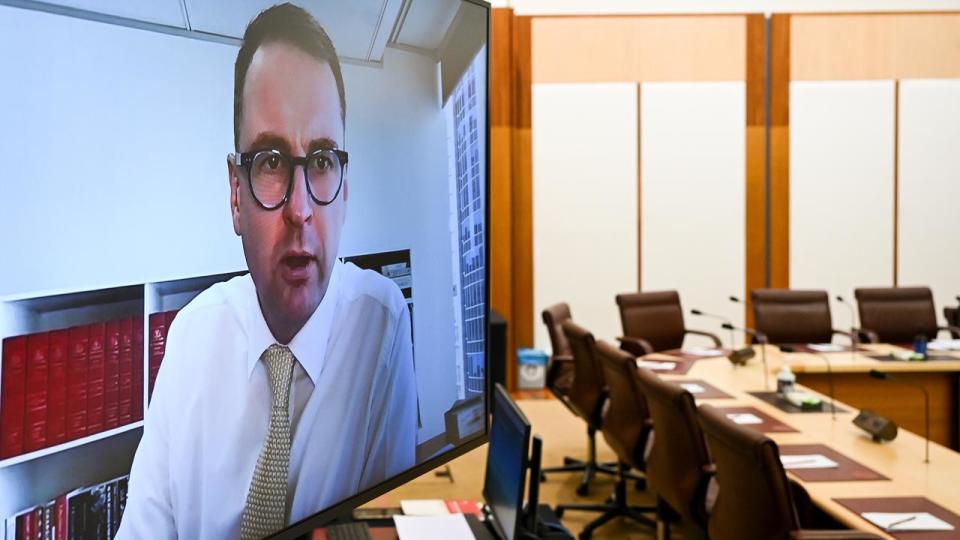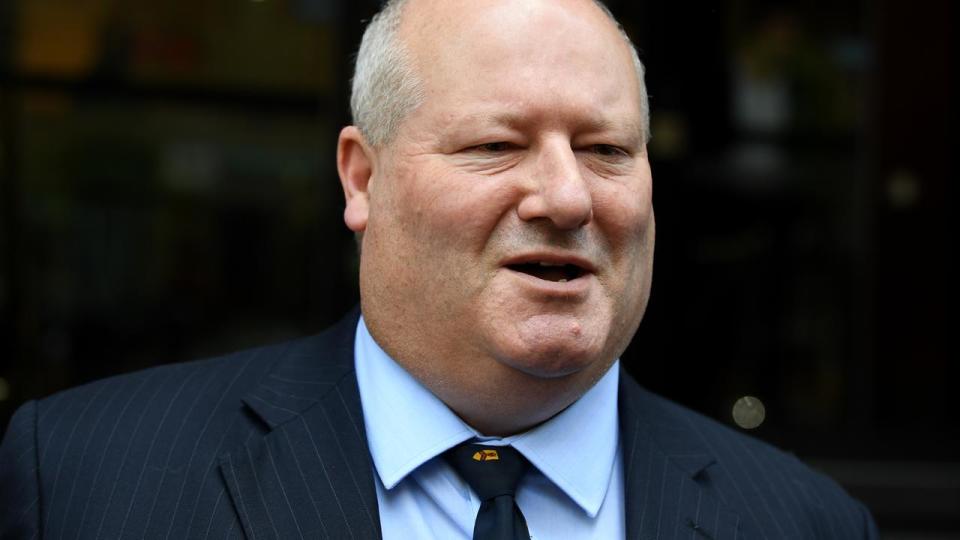'Deep flaws' in ASIC enforcement prompt calls for split
Carving up Australia's corporate watchdog is one of 11 recommendations of a blistering parliamentary inquiry report.
The latest probe into the Australian Securities and Investments Commission unearthed "deep flaws" in the regulator's approach to investigating and enforcing corporate misconduct.
The inquiry, chaired by Liberal senator Andrew Bragg, also called on the federal government to recognise ASIC had "comprehensively failed to fulfil its regulatory remit".

"Too often, ASIC fails to respond to early warnings of corporate misconduct and does not routinely use the full extent of its powers to achieve strong enforcement outcomes," the final report said.
"This approach fails to deliver justice to the victims of corporate crimes, undermines economic productivity and does not deter future poor behaviour."
The inquiry launched in late-2022 and follows several other investigations into ASIC's effectiveness, including issues uncovered as part of the Haynes Royal Commission into the banking sector.
ASIC's handling of forensic data software company Nuix's troubled share market float and the collapse of wealth manager Dixon Advisory featured prominently in Wednesday's senate committee report.
Central to the findings was ASIC's bloated remit and chronic under-resourcing, with less than 2000 employees responsible for regulating the country's corporate and financial markets.
Senator Bragg said separating its broad remit into two individual bodies - one focused on companies and another focused on financial services enforcement - would provide a more consistent approach.
"Too many Australians have been hurt by ASIC's persistent failure to enforce the law and win prosecutions," he said in a statement.
"It is clear ASIC has failed."

The Senate committee report also called for a stronger enforcement approach, an overhaul of the body's governance structure, and financial incentives and compensation for whistleblowers.
In the hearings, ASIC officials said technological shortcomings and an underinvestment in its data capabilities was hampering its ability to tackle crimes.
There were no dissenting reports but Labor committee members Jess Walsh, Deborah O'Neill and Jana Stewart complained about being provided 24 hours to assess its recommendations.
The recommendation that the Albanese government recognise ASIC failed to fulfil its regulatory remit reduced significant evidence to "little more than a headline", the senators said.
"The simplification of these complex issues detracts from the practical improvements to ASIC's operation suggested by witnesses, and indeed by ASIC itself, throughout the inquiry," they wrote.
"So too does the call ... to separate ASIC's functions into 'a companies regulator and a separate financial conduct authority'."
But whistleblower Jeff Morris, a former Commonwealth Bank employee who approached ASIC with information that led to a royal commission, said the call did not go far enough.
"Absolutely, it should be split up," he told ABC TV.
"But then I think you've got to demolish the whole structure and build it up on a sound foundation."
ASIC said it would take time to consider the report.
"Throughout the inquiry, we have shared our strong enforcement record on behalf of Australian consumers and investors," a spokesperson said.
"ASIC is in court almost every day pursuing wrongdoing and in the last 12 months alone launched around 180 new investigations."


